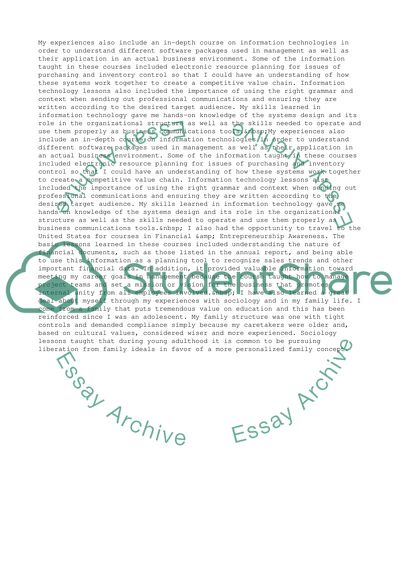Cite this document
(Managing People in a Lean Environment: Personal Development Statement, n.d.)
Managing People in a Lean Environment: Personal Development Statement. Retrieved from https://studentshare.org/management/1735717-practice-of-management-skills-pms-personal-development-analysis
Managing People in a Lean Environment: Personal Development Statement. Retrieved from https://studentshare.org/management/1735717-practice-of-management-skills-pms-personal-development-analysis
(Managing People in a Lean Environment: Personal Development Statement)
Managing People in a Lean Environment: Personal Development Statement. https://studentshare.org/management/1735717-practice-of-management-skills-pms-personal-development-analysis.
Managing People in a Lean Environment: Personal Development Statement. https://studentshare.org/management/1735717-practice-of-management-skills-pms-personal-development-analysis.
“Managing People in a Lean Environment: Personal Development Statement”, n.d. https://studentshare.org/management/1735717-practice-of-management-skills-pms-personal-development-analysis.


